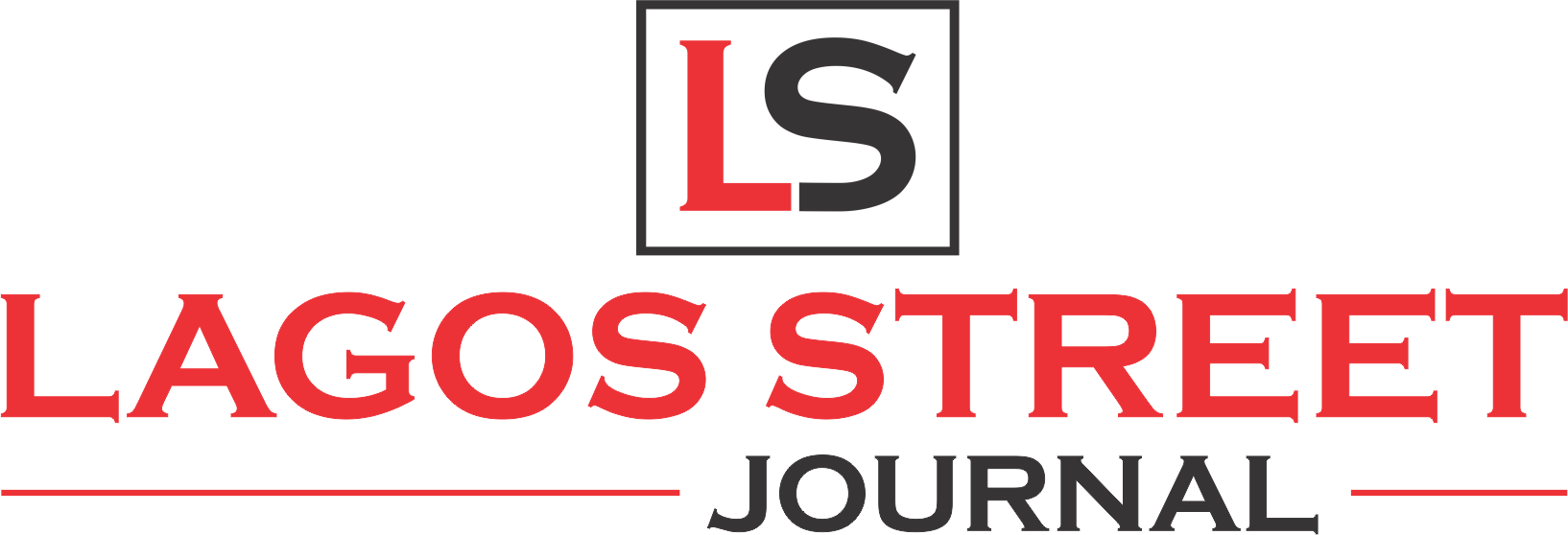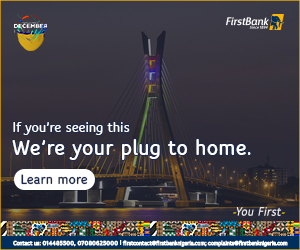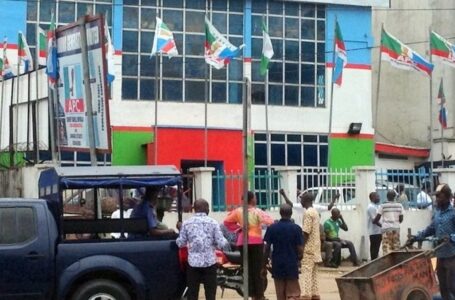PPP is key roNigeria’s digital infrastructure advancement -Danbatta


By Rasaq Adebayo
The Executive Vice Chairman of the Nigerian Communications Commission (NCC), Prof. Umar Danbatta has said public private partnership (PPP) is the very important to ensure advanced digital infrastructure, regulations, investment and policy in the country’s digital ecosystem.
He made this known in his keynote speech while speaking at a public lecture during the 2021 virtual conference and exhibition on Information Communication Technology & Telecommunications (ICTEL).
The event was organised by the Lagos Chamber of Commerce and Industry (LCCI) and Danbatta spoke on the sub-theme, tagged: “Exploring Public Private Collaboration for a Robust Digital Infrastructure, Regulations, Investment and Policy”.
He said: “Suffice it to say that, the role of public-private partnership in infrastructure development in Nigeria cannot be over emphasised because an adequate, robust and functioning infrastructure is the bedrock of communal and societal development. Therefore, to meet future challenges, our industries and infrastructure must be upgraded by evolving an enduring PPP model that services all the sectors of the economy. Objectively, the high level of infrastructure deficit and its attendant effect on socio-economic development in Nigeria explains government’s concern and search for an alternative means of providing infrastructure for the Nigeria’s teeming population.”
The NCC Chief explained that the concept of Public Private Partnership has become one of the commonly used model of collaboration among stakeholders to fast track socioeconomic development. This could be at the global, regional and national levels. He pointed that “In April, 2017, the United Nations Industrial Development Organization (UNIDO) and the International Telecommunication Union (ITU) signed a Joint Declaration in Geneva, “on the advancement of the 2030 Agenda for Sustainable Development Goals (SDG), in particular industrialization, infrastructure development and innovation”. The UNIDO and ITU, driving innovation in ICTs together with 193 Member States and over 700 private sector entities and academic institutional membership, plans to strengthen country-level collaborations.
He stated further that his commission has been a vanguard of PPP which has been part of its philosophy, “Besides, the NCC is renowned for its tradition of engaging in robust stakeholder consultation on the development of its various regulations and policy initiatives. The Commission consistently engages private sector organisations, in clear expression of its PPP philosophy, to carry out specific tasks, notably, in carrying out cost-based studies, whose outcomes have been used by the Commission to improve regulations and policy decision that have far-reaching positive implications on the economy.
“The Commission has also engaged in a number of PPP engagement through such initiatives as Industry Consumer Advisory Forum (ICAF), a multi-sectoral committee of private and public sector institutions whose collaboration with the Commission has bolstered Commission’s determination to continually improve on all principles of protection of telecoms consumers from an array of service challenges as well as incidences of frauds and other associated risks of online transactions.”
Danbatta also stated that in a concrete expression of belief in the centrality of PPP principles, the NCC, in November 2020, created a ‘PPP Unit’ as a division under its Special Duties Department. The Unit, he explained, is overseeing the implementation of the NCC’s revenue assurance solutions (RAS) as well as the Device Management System (DMS) project. The two projects are being implemented in collaboration with private sector players.
He explained further, “While the RAS is intended to address the revenue leakages accruable to the government, through the NCC; the DMS is intended to address the issue of type approval of telecom equipment and devices to ensure originality and standardisation because of the implication of substandard devices for health and quality of service. The DMS is also instituted to tackle the problem of SIM boxing and call masking, which not only constitutes threat to national security but also a mark of anti-competitive practice in the telecoms sector and a basis for loss of revenue in tax remittances to the government.”
Noteworthy, the 2021 edition of ICTEL ) themed ‘Disruptions, Resilience and Governance in Digital Economy’ is the second virtual edition of the annual conference. The first edition that took place last year was virtual as well, due to the outbreak of the COVID-19 pandemic and the need to continue to observe necessary protocol and safety measures put in place by the government towards curtailing the spread of the pandemic.











